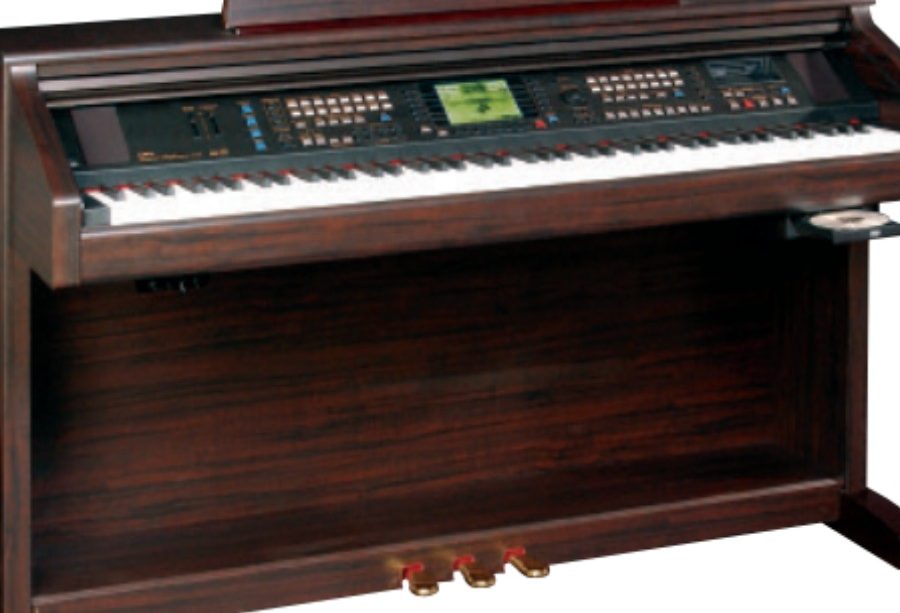The Significance and Evolution of the Piano

The Importance of the Piano
The piano, as a musical instrument, holds a unique place in both history and contemporary music. Known for its versatility and expressive range, the piano has played a significant role in various musical genres from classical to jazz and pop. Its ability to adapt to different styles makes it a staple for composers and musicians around the world.
Historical Background
The modern piano has its roots in the early 18th century, evolving from earlier keyboard instruments such as the harpsichord and clavichord. Bartolomeo Cristofori, an Italian instrument maker, is credited with inventing the piano around 1700. His innovative design allowed for dynamic variations, whereby musicians could play softly or loudly, responding to the subtleties of emotion in their compositions.
The Piano in Contemporary Music
Today, the piano continues to be an essential instrument in many music genres. In classical music, it is often featured in solo performances, concertos, and chamber music. Renowned composers like Beethoven, Chopin, and Rachmaninoff have enriched the piano repertoire with their masterpieces, ensuring the instrument remains central to Western classical traditions.
In jazz, the piano serves as a harmonic foundation and a means of improvisation. Pianists like Duke Ellington and Thelonious Monk have helped to define the genre, showcasing the instrument’s ability to convey complex emotions and intricate rhythms.
Moreover, the rise of popular music saw the piano becoming a prominent fixture in rock, pop, and electronic music. Artists like Elton John and Alicia Keys have created iconic songs that centre around the piano, illustrating its continued relevance in modern songwriting.
Educational Importance
Beyond performance, the piano is often considered one of the best instruments for music education. Its layout provides a clear visual representation of musical concepts, such as scales, chords, and intervals. Many music educators recommend the piano for beginners, as it fosters a strong understanding of music theory that can be applied to other instruments.
Conclusion
The piano is more than just a musical instrument; it is a part of cultural expression and education. As technology continues to evolve, so does the piano—now accessible through digital interfaces and innovative software. Looking ahead, the piano will likely remain a vital part of music creation and education, bridging the gap between tradition and modernity. Its timeless appeal ensures that the piano will continue to resonate with new generations of musicians and listeners alike.








